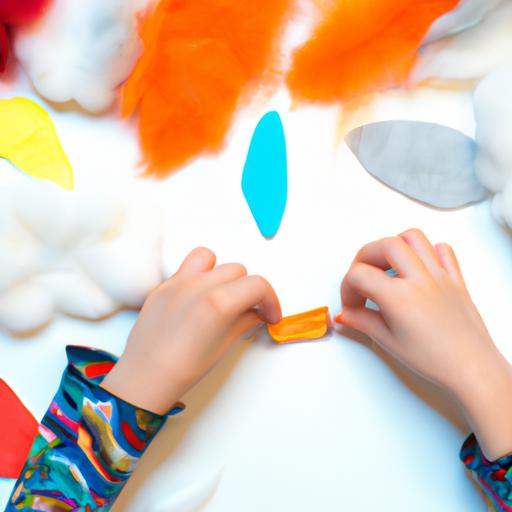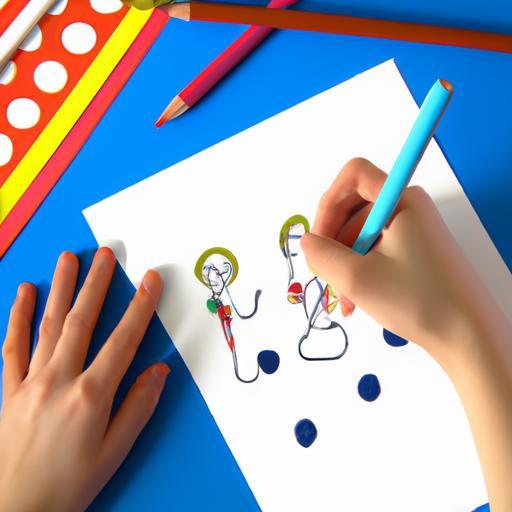“`html
In today’s tech-centric landscape, the significance of hands-on creativity is paramount. Crafting not only serves as a joyful outlet for creative expression but also nurtures essential skills like problem-solving, patience, and fine motor development among children. Welcome to a lively exploration of the world of DIY crafts—where every scrap material and splash of color becomes a realm for infinite creativity. This article unveils an exciting array of engaging DIY projects aimed at stimulating young imaginations and inspiring their artistic flair. From enchanting decorations to practical inventions, these crafts are the perfect remedy for ennui, motivating kids to envision boldly and create fearlessly. So collect your materials, get ready to roll up your sleeves, and embark on this crafting escapade!

Unlocking Child Development through DIY Crafts
Involving children in DIY crafting is an enriching experience that presents numerous developmental advantages beyond simple entertainment. At its core, these activities nurture creativity. When kids have the autonomy to select materials and shape their creations, it empowers them to express their thoughts and emotions visually—a vital component in their overall artistic development.
Additionally, engaging in crafts enhances fine motor skills. As children cut with scissors or apply glue with brushes or fingers, they refine crucial motion coordination that aids hand-eye synergy as well as dexterity. These practical experiences establish foundational skills necessary for future tasks like writing or typing.
An equally important aspect is how DIY projects foster strong problem-solving abilities. As kids face challenges during crafting endeavors, they learn critical thinking techniques while formulating approaches to surmount obstacles. This iterative learning helps instill a growth mindset—teaching them resilience by encouraging them to learn from setbacks rather than shying away from difficulties.
Crafting also significantly contributes to improved social interaction skills, particularly when done collaboratively. In group settings where children work together on projects, they articulate ideas clearly while sharing resources and assigning roles—all vital competencies for thriving interpersonal relationships. By celebrating each other’s achievements and providing constructive feedback collectively cultivates teamwork along with community spirit.

Eco-Conscious Crafting: Utilizing Natural Materials
Create memorable projects by incorporating natural materials into your DIY tasks; this can enrich your creations with unique textures while offering little ones tangible engagement with nature itself. Consider utilizing items such as seashells, pinecones, or even twigs which are great tools for both fun experiments and educational games! These sustainable resources can spark unrivaled creativity! Here are some creative suggestions:
- Sandy Seashell Decor: Decorate seashells using paint or glitter to form lovely wall ornaments suitable inside homes or gardens alike!
- Pinecone Zoo Animals:
- Bamboo Stick Theater Arts:
“);
You could also explore a project involving natural dyes sourced from fruits vegetables spices so as bring forth vibrant colors within these crafted works! For example diving fabrics using beet juice yielding splendid earthy hues encapsulates lots hidden creatively waiting unveil—check below table featuring several natural dye sources mentioned earlier:
| Sustainable Dye Source |
|---|
| Crafters’ Delight | Necessary Supplies | Duration Needed |
|---|
